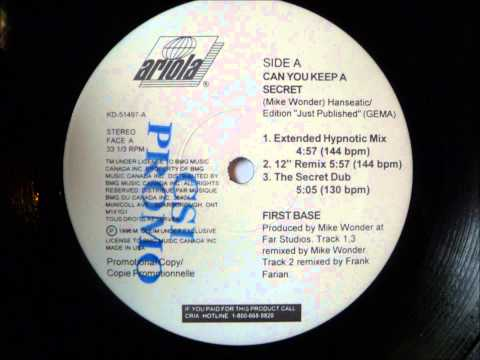|
|
|
Did you know?
There are approximately 3 million unintended pregnancies in the United States each year.
Did you know?
On average, the stomach produces 2 L of hydrochloric acid per day.
Did you know?
To combat osteoporosis, changes in lifestyle and diet are recommended. At-risk patients should include 1,200 to 1,500 mg of calcium daily either via dietary means or with supplements.
Did you know?
The B-complex vitamins and vitamin C are not stored in the body and must be replaced each day.
Did you know?
The most common treatment options for addiction include psychotherapy, support groups, and individual counseling.







